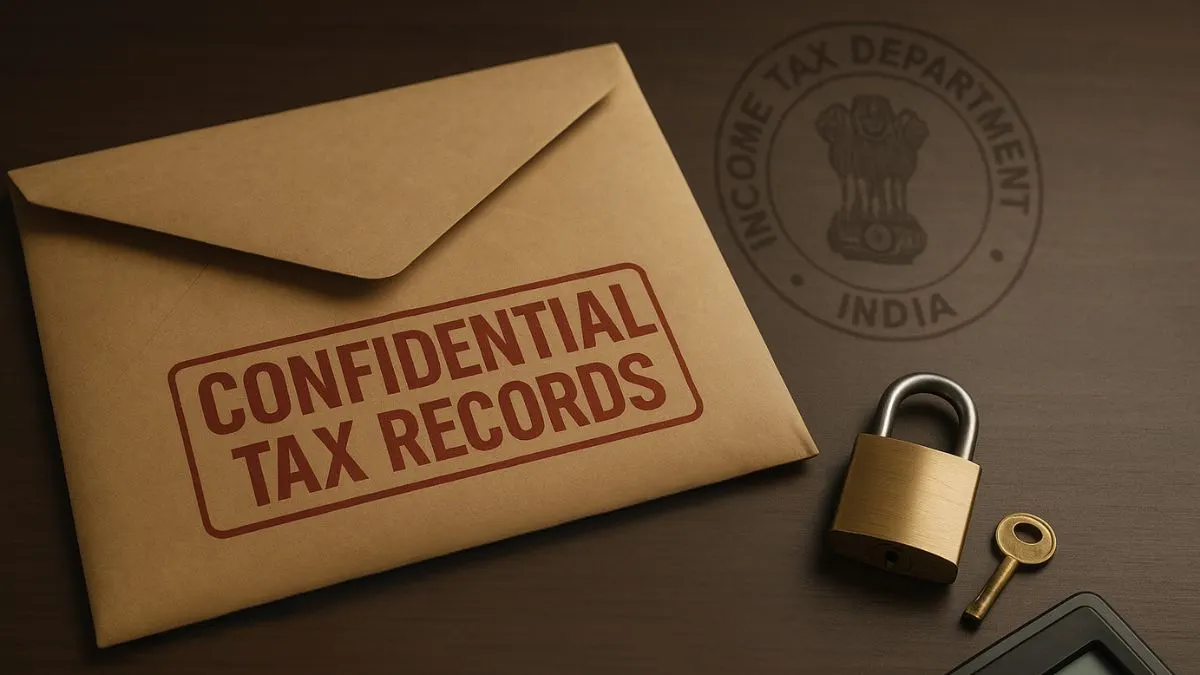
Cheques have long been considered one of the most reliable modes of payment in India. However, with the rise in dishonour of cheques, both businesses and individuals face serious legal and financial consequences. Many taxpayers are confused about whether dishonour cheque amount not shown income tax returns section 138 ni act falls under income tax law or criminal law.
Here, it is important to separate two different laws:
- Section 138 of the Negotiable Instruments Act (NI Act), 1881 – deals with cheque dishonour cases.
- Section 138 of the Income Tax Act, 1961 – deals with powers of income tax authorities.
The confusion arises because both provisions use the same section number. Let’s decode them one by one.
Section 138 of the NI Act: Cheque Dishonour
Under Section 138 of the Negotiable Instruments Act (NI Act), if a cheque issued by a person is returned unpaid due to insufficient funds or if it exceeds the account arrangement, it amounts to an offence.
Key Conditions for Applicability:
- The cheque must be presented within three months from the date of issue.
- The cheque is returned due to insufficient funds or account closure.
- The payee sends a legal notice within 30 days of dishonour.
- The drawer (issuer) fails to make payment within 15 days of receiving notice.
If these conditions are satisfied, the person issuing the cheque can face criminal prosecution under Section 138 of the NI Act.
Punishment for Cheque Dishonour
Section 138 NI Act prescribes:
- Imprisonment up to 2 years, or
- Fine up to twice the cheque amount, or
- Both.
This strict punishment was introduced to ensure trust in banking transactions.
Also Read: Section 139(8a) of Income Tax Act: A Second Chance for Honest Taxpayers
Dishonour Cheque Amount Not Shown in Income Tax Returns
Here comes the income tax angle. If a person receives a cheque that later bounces, questions often arise: Should this dishonour cheque amount be declared in the income tax return?
👉 The law is clear: income is taxable only when it is actually received or accrued. If a cheque is dishonoured, it does not count as actual income received.
However, if the taxpayer has already recorded the cheque as income in the books & later it bounces, then it must be adjusted. Failure to do so can create confusion during assessment. That is why people often search for dishonour cheque amount not shown income tax returns section 138 ni act — combining NI Act with income tax law.
Section 138 of the Income Tax Act
Interestingly, Section 138 of the Income Tax Act, 1961 has nothing to do with cheque dishonour. Instead, it deals with disclosure of information by income tax authorities. It allows certain information to be shared with other government departments or agencies for enforcement purposes.
For example, if during scrutiny it is found that large transactions are not backed by valid banking proofs (such as bounced cheques), authorities may take action."
Difference Between Section 138 of NI Act and Section 138 of Income Tax Act
|
Particulars |
Section 138 NI Act |
Section 138 Income Tax Act |
|
Law |
Negotiable Instruments Act, 1881 |
Income Tax Act, 1961 |
|
Subject |
Cheque dishonour |
Disclosure of information |
|
Nature |
Criminal offence |
Administrative provision |
|
Penalty |
Jail up to 2 years, fine twice cheque amount |
No direct penalty; but tax non-compliance may trigger notices |
|
Relevance |
Payment disputes |
Tax data sharing |
Taxpayer’s Dilemma
Many small businesses face a common issue: a cheque received is dishonoured, and later, tax officers question why it was not shown in ITR.
Here are possible scenarios:
- Cheque dishonoured before ITR filing:
- No need to report as income since it was never realized.
- Cheque shown as income, then dishonoured:
- Must adjust in books of accounts, else mismatch may trigger scrutiny.
- Repeated cheque dishonours:
- May lead to suspicion of bogus sales or accommodation entries.
Thus, keeping clear records of dishonoured cheques is essential for both income tax compliance & defence in case of NI Act prosecution.
Recent Trends in Cheque Dishonour Cases
- Courts have taken a strict view, stating cheque dishonour cases must be resolved quickly.
- The Supreme Court has allowed clubbed hearings of multiple cheques dishonoured by the same party to reduce delays.
- Income tax authorities increasingly match reported sales with bank deposits, meaning dishonoured cheques can invite queries.
Also Read: Taxation of Royalties & Technical Service Fees
Practical Example
Imagine a business owner received a cheque of ₹5 lakh from a client. He recorded it as sales in books. However, the cheque bounced.
- Under Section 138 NI Act, the business owner can file a criminal case against the client for cheque dishonour.
- Under Income Tax, he must reverse the entry or else the department may assume ₹5 lakh was received & demand tax.
FAQs
Q1: If cheque dishonour happens, should it be shown in ITR?
If the amount was never realized, it is not taxable. But proper records must be kept.
Q2: Can both Income Tax Act and NI Act apply simultaneously?
Yes. Income Tax Act checks compliance in books, while NI Act penalizes the drawer for cheque dishonour.
Q3: What if dishonoured cheque is never recovered?
Then it should not be taxed, but legal action can be pursued under NI Act."
Conclusion
The confusion around Section 138 arises because both the Income Tax Act & the NI Act have provisions with the same section number but different meanings. For taxation, the concern is whether dishonour cheque amount not shown income tax returns section 138 ni act causes a mismatch. For banking law, cheque dishonour directly triggers prosecution.
👉 If you are facing issues with cheque dishonour, non-reflection in ITR, or notices from tax authorities, consult our experts at Callmyca.com. We help you stay compliant, avoid penalties, and take the right legal action.











